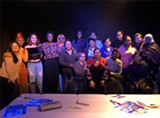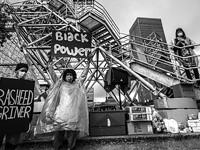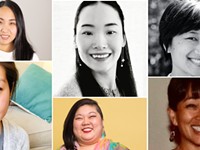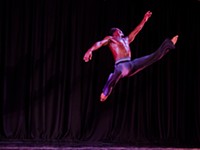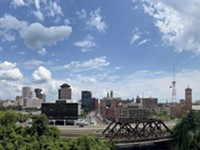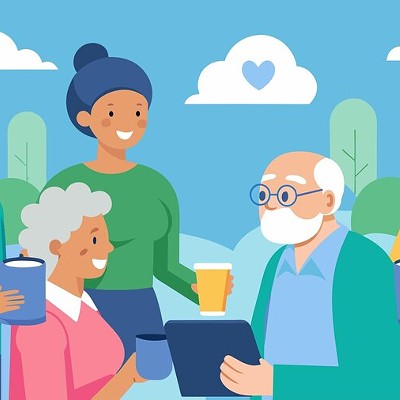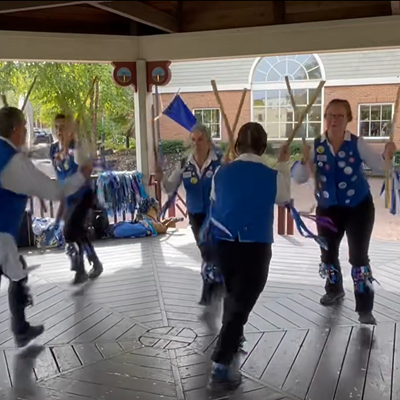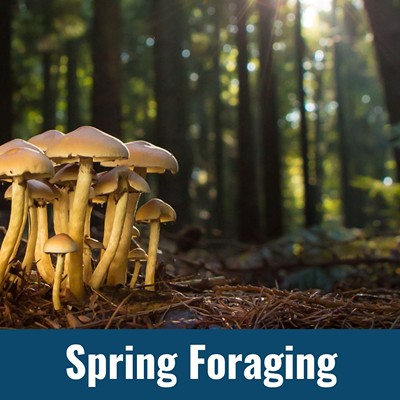[
{
"name": "500x250 Ad",
"insertPoint": "5",
"component": "15667920",
"parentWrapperClass": "",
"requiredCountToDisplay": "1"
}
]
When we applaud historical figures for their bold words or heroic actions, we often forget to consider whether we would stand with them in their efforts today, and if there are modern applications to the struggles they endured. Take Lewis Hine's photography, which shed light on the dangerous conditions of workers, including children. His work educated and moved viewers so effectively that it contributed to changes in labor laws. But many protections of American law only extend to citizens; non-citizen workers remain vulnerable to abuses, and can become even more vulnerable if they complain.
An upcoming event in the "At the Crossroads" art and community conversation series centers on this concept of applying historic activism to the current struggles of vulnerable groups. "What to the Refugee is the 4th of July" is inspired by Frederick Douglass's famous speech, "What to the Slave is the Fourth of July," which he delivered to the Rochester Ladies' Anti-Slavery Society in 1852.
That speech remains "one of the most powerful critiques on the disconnect between the inalienable rights declared to be endowed by the creator to white men, in juxtaposition with the simultaneous dehumanization and brutal enslavement of Black people," said the event organizer, Rachel DeGuzman, in a provided statement.
And the speech has relevance today, she argues, given Trump's call for a group of Congresswomen of color -- who are U.S. citizens -- to "go back" to where they came from, as well as the administration's attempts to target Muslims for an immigration ban, its caging of children at borders, and separation of immigrant families. In America today, many refugees, recent immigrants, and first-generation Americans are in crisis, she says.
In the interest of elevating the voices of these marginalized groups, "What to the Refugee is the 4th of July" will be held in collaboration with Rochester organization Refugees Helping Refugees. The event will begin with a collaborative art-making project directed by artist and new American citizen Tania Day-Magallon (whose own solo show, "The Divine Feminine and Goddess," is currently on display at The MuCCC, 142 Atlantic Avenue). Day-Magallon will lead the event's participants and attendees in the ritual of stenciling overlapping hands (as found in cave paintings), which symbolizes community and is inspired by ancient art made before territorial borders were established, DeGuzman says.
This will be followed by a reading of Douglass's speech by Douglass reenactor David Shakes, after which the Long Table Conversation will begin. All of this event's conversation starters are women who are either refugees, immigrants, or first-generation Americans: Pyar Mo, Pamela Adams, Mai Abdullah, Tania Day-Magallon, Lisa Kim, Ana Gomez Parga, and N'Jelle Gage-Thorne.
Speaking of...
Latest in Art
More by Rebecca Rafferty
-
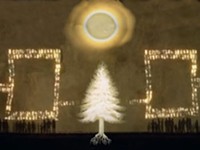
Beyond folklore
Apr 4, 2024 -

Partnership perks: Public Provisions @ Flour City Bread
Feb 24, 2024 -
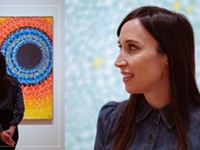
Raison d’Art
Feb 19, 2024 - More »
